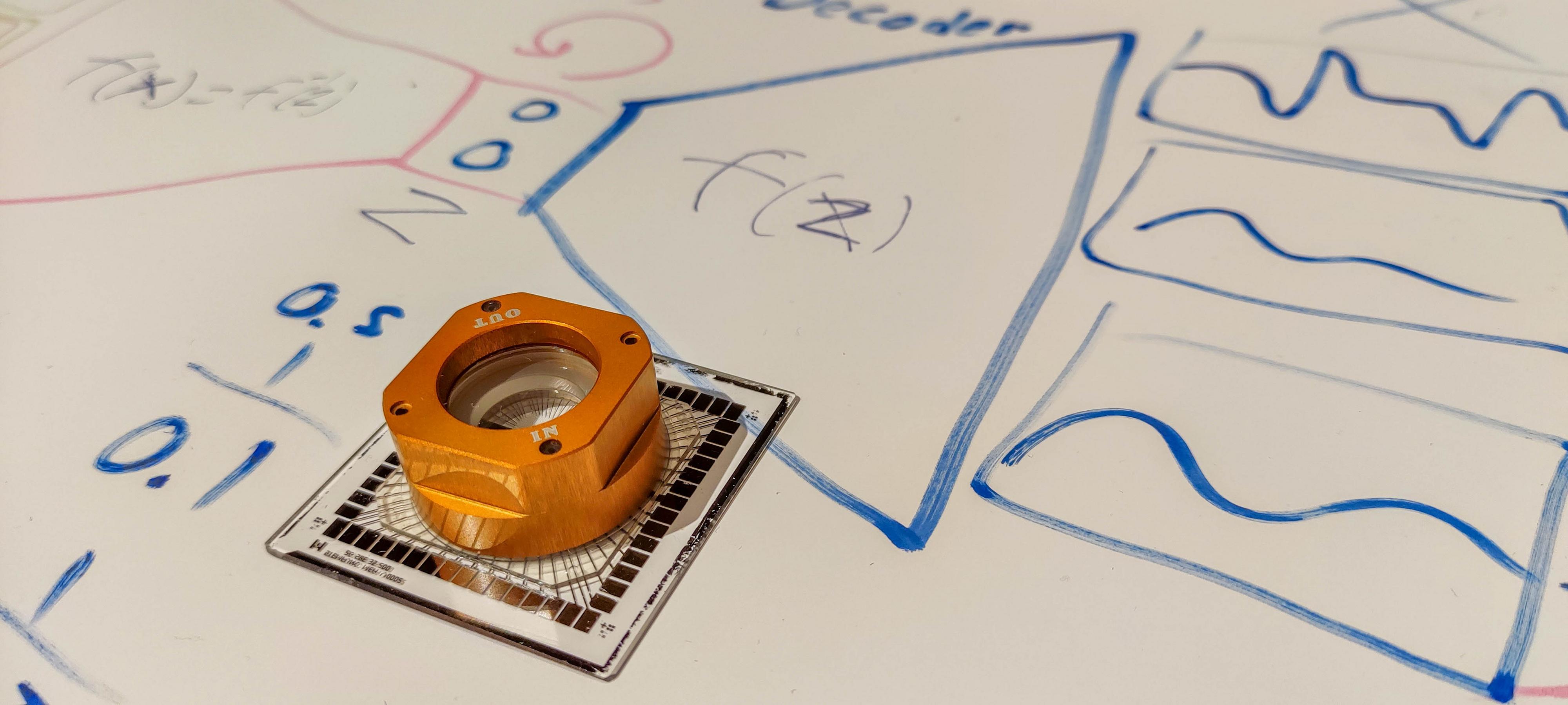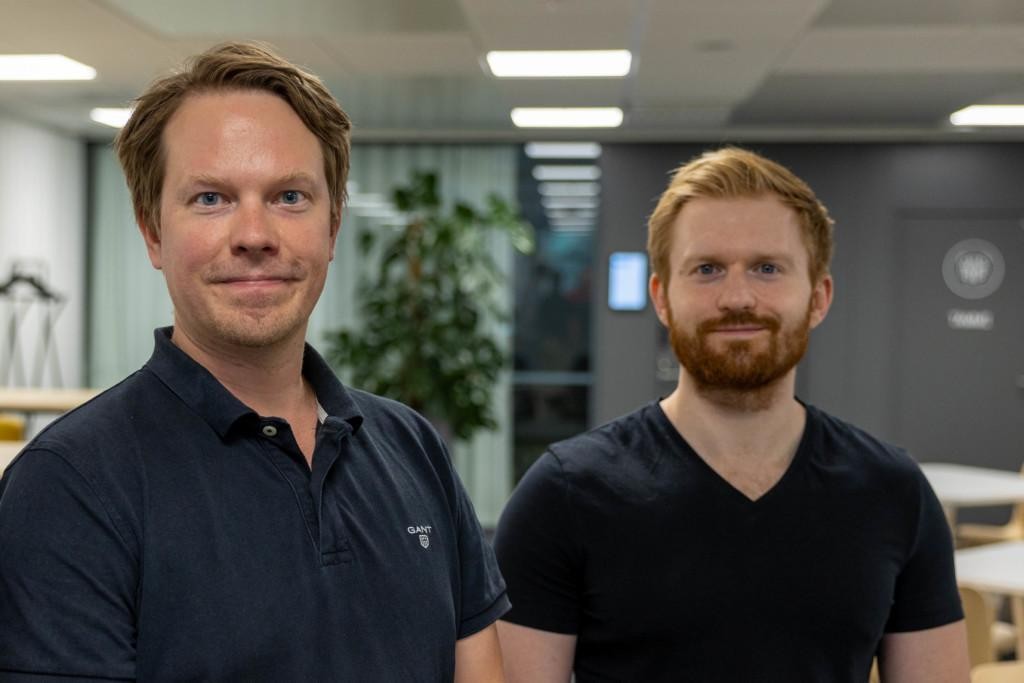DataSolu takes on CV diseases armed with lab-grown cardiomyocytes and deep learning

Cardiovascular diseases are the leading cause of death globally, estimated to cause 17.3 million deaths every year. Furthermore, there is an expected increase of up to 23.6 million deaths by the year 2030, representing 31% of all global deaths. In fighting CV diseases, new innovations are direly needed. Let’s meet Finnish DataSolu team developing one of the promising innovations selected for the Health Incubator Helsinki program that started in the spring of 2021.
DataSolu wants to speed up preclinical drug development and boost preventive care by revealing and predicting potential heart failures, using a unique cocktail of lab-grown cardiomyocytes, biomimicry and AI.
“Regular screening methods like ECG, exercise stress tests and blood tests may not pick up the very small abnormalities and hidden heart diseases. We want to be the trusted partner that finds even the slightest anomalies accurately,” says Dr. Mika Aho from DataSolu.
DataSolu applications are in cardiac toxicity screening and preventive care. Cardiotoxicity is the main reason for drug withdrawal, and most of the new compounds fail during the late-phase development.
“There are opportunities for reducing the costs and time-to-market significantly in pharmaceutics, but also in chemical and cosmetology companies,” Aho continues.
From the outside, DataSolu service is very straightforward. Pharma companies and CROs send or stream their data to the platform, and in return get back the analysis.
“Why would you use a biologist’s or cardiologist’s valuable time to manually analyze hours of data to detect arrhythmias and classify potential heart diseases, if there are better options?” Aho asks.
Enter: iPSCs!
At the heart of DataSolu innovation we find the induced pluripotent stem cells (iPSCs), reprogrammed from adult human cells and differentiated into cardiomyocytes. iPSCs are a promising alternative to model human cardiac diseases: they display properties similar to human heart cells, and have the advantage of mass production in the laboratory, having multiple disease-specific and patient-specific lines.
“In addition, they offer the opportunity to study cells that are genetically matched to individual patients with disease, and help overcome the problems associated with animal models. In fact, the European parliament just recently voted in favor of a plan to replace animal experiments with cutting-edge science,” Aho explains.

Team members of Datasolu from left: Mika Aho and Leo Heinsuo.
Meet the MEAs and physiological stimulation
The analysis method deploys microelectrode arrays (MEAs) which are, basically, glass chips printed with multiple microelectrodes, allowing non-invasive long-term measurement of electrically active cells cultured on them. MEAs have been increasingly used iPSC in research for disease modeling, drug testing and screening for early in vitro detection of proarrhythmia risk before clinical use – safe non-arrythmic drugs do not induce arrhythmias.
However, sometimes the anomalies and drug effects are not visible in the data. Research has demonstrated that mimicking human physiology on a dish is an effective stimulus for cardiovascular studies. Which, first of all, mimics the real human physiology, but also stimulates the cells in different conditions, e.g. under physical exertion.
“Physiological stimulation provides us with more valuable data about human response to stress, insight into disease susceptibility, and potentially to understanding individualized treatment response in the future as well,” says Aho.
“Once we have enough data, we can propose which drugs are the best fit for the individual patients,” he adds.
Building the data vault: Data in, analysis out
Using MEA, cardiomyocytes can be monitored during drug testing over longer periods of time.
“MEA devices generate massive amounts of time-series data to feed our deep learning algorithms. We pre-process it, keep the most relevant data and results safe,” says Leo Heinsuo from DataSolu.
DataSolu solution focuses on end-to-end deep learning, omitting traditional feature engineering methods.
“We’ve experimented with countless different types of modern deep learning architectures to tackle the challenge of highly variable iPSC recordings. Unlike ECG waveforms, the field potential (FP) of iPSCs can have very different shapes for each individual recording. The shapes may or may not tell something about an underlying disease or condition,” Heinsuo continues.
DataSolu has been data and AI-driven from the beginning. Company’s ultimate goal is to build a rich iPSC data asset, which in the future will enable, for example, rapid personalized drug development and safety testing of new chemicals.
“Eventually data is the most valuable asset. When you’re utilizing massive amounts of data properly, there is huge business potential involved,” Aho envisions.

Team members of Datasolu from left: Leo Heinsuo and Mika Aho.
Finding that commercial sweet spot
Still, technically speaking, DataSolu is not yet a registered company.
“We haven’t officially established the company yet, but we have been gradually building up the technologies, formed the core team and advisory group,” Aho explains.
DataSolu is one of the participants of Health Incubator Helsinki’s 2021 program.
“Our involvement with the program has been eye-opening. With many paths to choose from, the incubator is helping us find our sweet spot commercially,” Aho says.
“While we are now focusing on the data analysis, in the long run we also might want to generate the data ourselves. So far, we have been self-financed, but doing the cardiotoxicity testing ourselves even on a smaller scale is costly, and thus we are looking for potential partners and investors to take the next big step.”

Startup Fast Facts:
Name: DataSolu
Product: speeding up preclinical drug development by revealing and predicting hidden heart diseases and failures
Founded: not officially registered yet
Team size: 5
Target customer/market: Big Pharma, CROs, people with risk of heart disease
Text: Sami J. Anteroinen
Photos: Datasolu